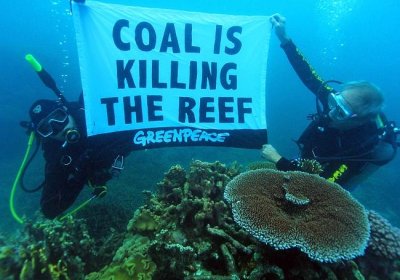The Federal Court ruled on December 16 that delays by the Department of Immigration and Border Security (DIBS) in making decisions on citizenship were “unreasonable”, prompting hope for people with refugee backgrounds in a similar plight.
One litigant said: “This may set an important precedent for individuals in similar circumstances.”
Acting CEO of Refugee Council of Australia (RCOA) Tim O’Connor said the decision was a “landmark ruling” which recognised the “injustice” citizenship delays had caused.






